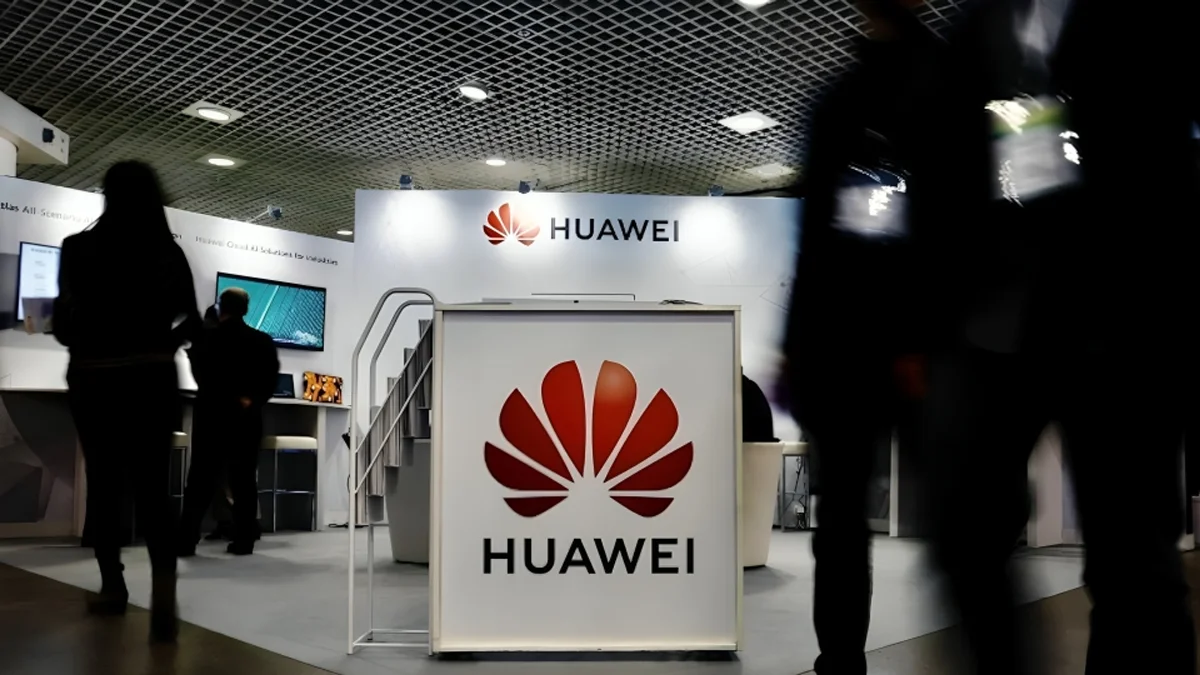Necessary Always Active
Necessary cookies are required to enable the basic features of this site, such as providing secure log-in or adjusting your consent preferences. These cookies do not store any personally identifiable data.
|
||||||
|
||||||
|
||||||
|

Huawei Technologies is planning to launch a new AI chip in the Chinese market. The Huawei AI chip will challenge Nvidia AI chips in the Asian country.
Reports from the Wall Street Journal show that Huawei plans to commence shipping of the new AI chips as early as October this year.
The new Huawei AI chip is called Ascend 910C. It’s a significant upgrade of Huawei’s 910B chip, making it more powerful. The 910B is similar to Nvidia’s A100 chip.
According to Huawei, the new Ascend 910C chip is very similar to Nvidia’s H100. The H100 chip was launched last year and isn’t directly available in the Chinese market. Analysts suggest there is a chance that the new Huawei China AI chip could outperform Nvidia’s Blackwell AI chip. Earlier this month, Nvidia announced production of Blackwell AI chips will be delayed.
Huawei has been testing the Ascend 910C with key technology companies in China, including China Mobile, Baidu, and ByteDance.
Reports indicate that these companies are already discussing acquisition of the new chip with Huawei and initial orders could reach the 70000 units market. The estimated value of these orders is about $2 billion, which suggests that each chip could be priced at around $28,000.
The Huawei Nvidia AI chip battle comes at a time when US sanctions have made it difficult for Huawei to access advanced chipmaking technologies.
Last year, U.S. regulators developed rules that halted the sale of Nvidia advanced chips, including the H100 chips, to Chinese buyers due to national security concerns. This caused a surge in domestic development of AI chips in China.
Nvidia developed three chips specifically for the Chinese market. These chips included the closely monitored H20 chips. But H20’s computing power was capped in line with U.S. sanctions.
In response to the U.S. sanction challenge, Huawei has taken steps towards self-reliance. The tech giant is already setting up facilities to create and produce semiconductor equipment within China.
Huawei has collaborated with semiconductor firms to develop high-bandwidth memory chips locally. Although the company hasn’t made Ascend 910C specifications public, it claims that its 910B chips were more efficient than Nvidia’s A100 chips in performing inference and AI training tasks.
If the Ascend 910C chip delivers improved performance, it will present a big breakthrough for Huawei in the Nvidia dominated AI chip industry. But some analysts have cast doubt on Huawei’s ability to surpass Nvidia.
They say the U.S. sanctions make it difficult for the company to get the necessary machinery and components it needs to set up a consistent supply.
But even with these obstacles, Huawei’s AI chip business appears to have a bright future with estimates showing the company could sell 1.3 to 1.4 million Ascend 910C chips by 2025.
The development and launch of the Ascend 910C chip is part of China’s tech industry strategy to reduce foreign technology reliance amidst trade tensions. The shift to local development is creating competition for established chip manufacturers like Nvidia, forcing it to adapt its new strategies to navigate the complex global AI chips market.
Earlier this year, Nvidia was also left out of a promoter group set up by big tech to develop an AI-networking standard for data center linkage.